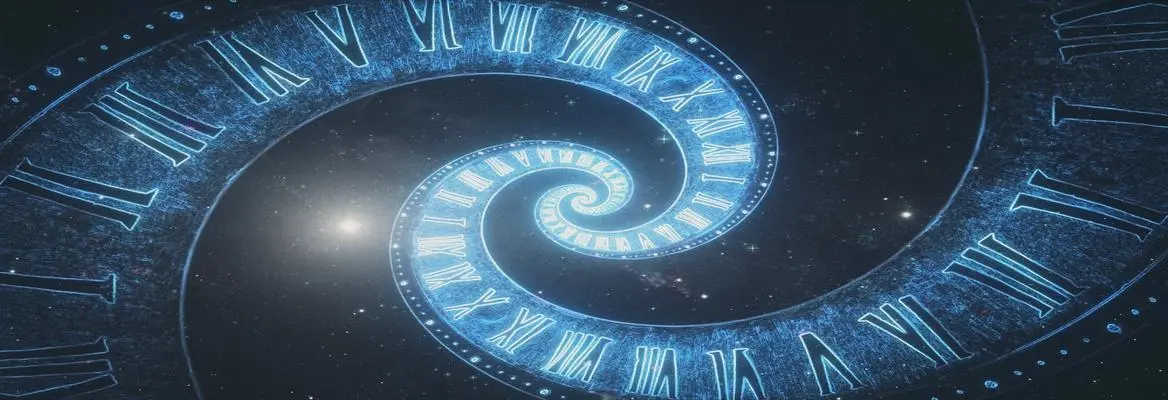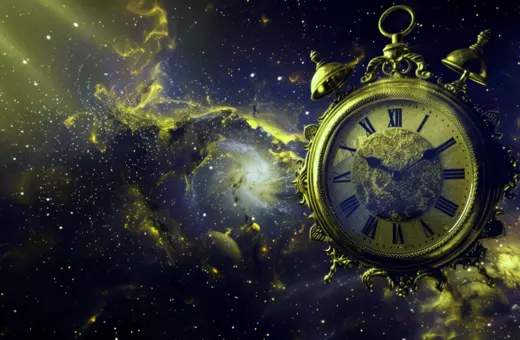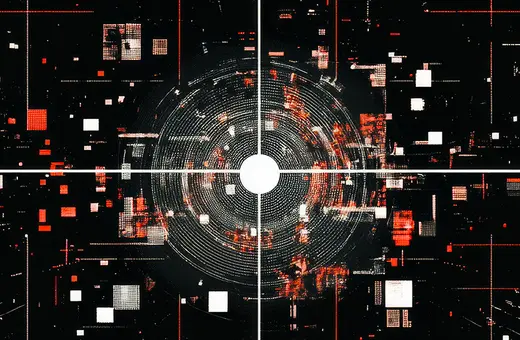The received view in physics is that the direction of time is provided by the second law of thermodynamics, according to which the passage of time is measured by ever-increasing disorder in the universe. This view, Julian Barbour argues, is wrong. If we reject Newton’s faulty assumptions about the existence of absolute space and time, Newtonian dynamics can be shown to provide a very different arrow of time. Its direction, according to this theory, is given by the increase in the complexity and order of a system of particles, exactly the opposite of what the received view about time suggests.





















Join the conversation